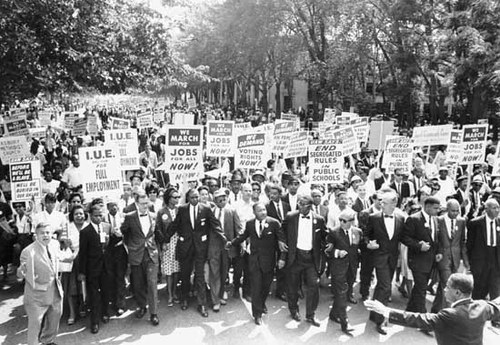
Central to the inauguration of political modernity was the emergence of various European colonial empires. This means that political concepts like , sovereignty, freedom , dignity and equality were formulated with a repressed engagement within the social orders of colonial and racial powers. Today many of these political concepts are typically examined within the field of the history of political thought as timeless concepts primarily having normative value . This lecture series will argue that political concepts have specific political and linguistic meanings which are shaped by a set of political questions and praxis . Thus, the lecture series will note that conventional concepts have distinctive meanings which can be understood as part of a series of political questions posed within the matrices of the long history of European colonialism . On the other hand the series will posit that the colonialized “native” and the racialized slave posed a different set of questions about political and social life and that even when similar linguistic concepts were deployed they had different and distinctive meanings . The lecture series will therefore map a genealogy of political thinking which created a distinctive intellectual and political tradition opening other ways and methodologies for the study of political thought.
Lecture 1. The Re-Framing of Political Thought : Slave Petitions : Haitian Revolution and Black Abolitionism
Lecture 2. " Civil Rights " Anti-Colonial Struggles and National Liberation
Lecture 3. Marxism. Critical Theory and Black Freedom
Lecture 4. Contemporary Black Political Thought ---- Rhodes Must Fall and Black Lives Matter
